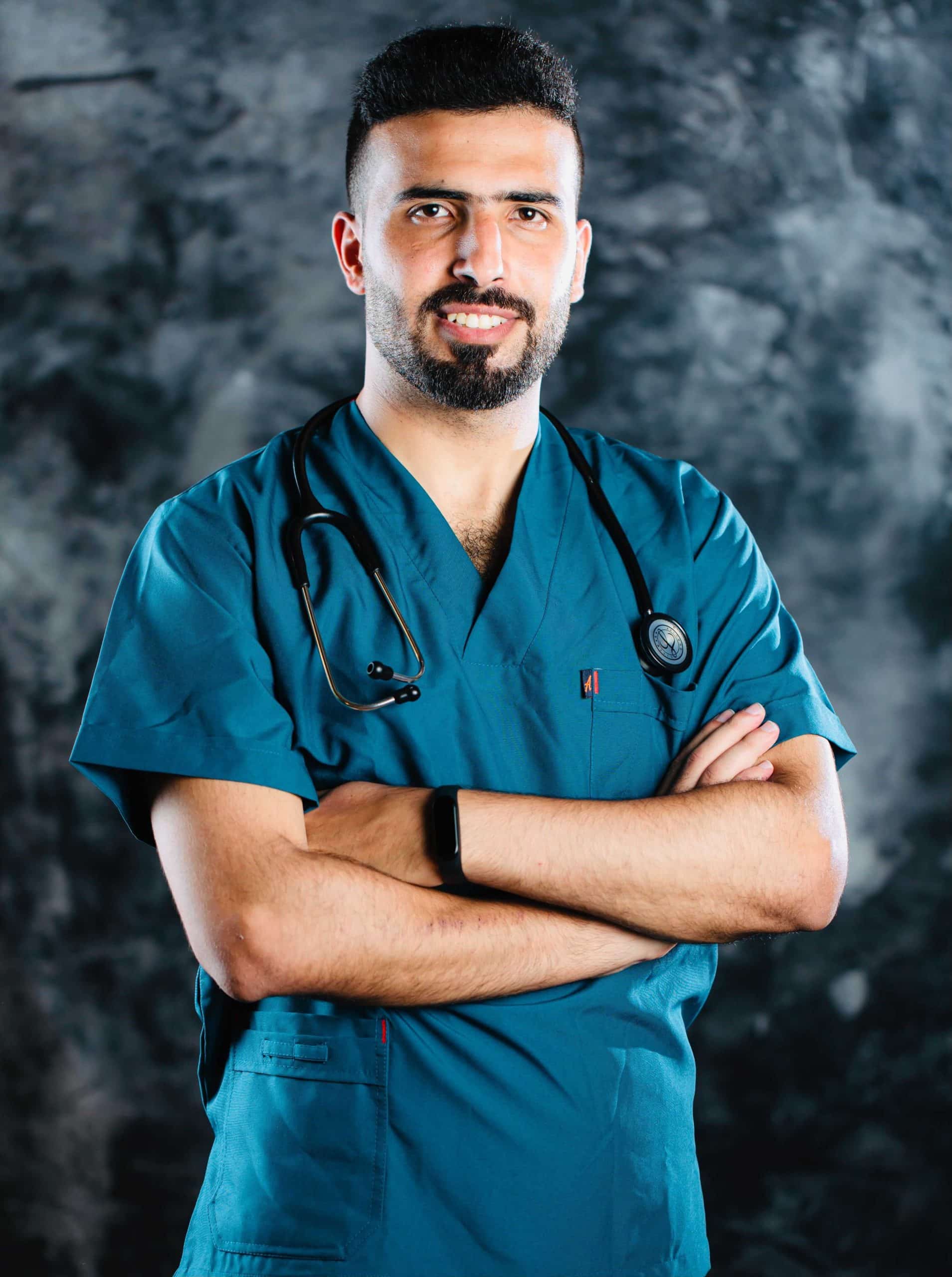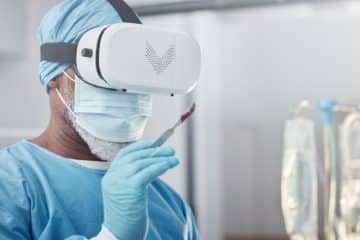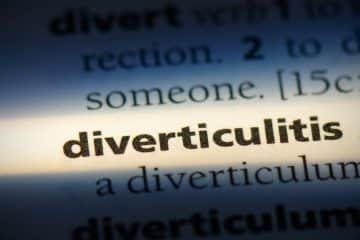What is Diverticulitis – Overview
Diverticulitis is the infection or inflammation of sacks that can develop in your bowel. Diverticula are the medical term for these sacks.
The sacks are typically not dangerous. They might appear anywhere in your bowel. Diverticulosis is the term used to describe them if you have it. You get diverticulitis if they inflame or get infected.
Diverticulitis may sometimes be mild. But it can also be serious, performing in a ruptured bowel or a perforation (your croaker will call it that).
Causes of Diverticulitis
Physicians are doubtful. According to certain studies, your genes may be involved. When they tear or come blocked by dirt, the sacks on your bowel come bothered or infected. It may also affect from having further dangers than salutary bacteria in your digestive tract.
With age, your threat of developing diverticulitis increases. People aged above 40 are more likely to have it. Other peril signs correspond of
- Redundant weight
- Having a cigarette
- Not working out enough
- Eating a lot of red meat and fat but little fiber
- Taking specific specifics, similar as steroids, opioids, and non-steroidal anti-inflammatory drugs (NSAIDs), similar as ibuprofen or naproxen.
Symptoms of Diverticulitis
You might not be apprehensive that you have the sacks. Diverticula infrequently, if ever, beget symptoms and are generally effortless. still, you might note
After passing gas or having a bowel movement, there’s a cramping sensation on the left side of your tummy.
Sanguine- orange blood in your feces. The symptoms of diverticulitis are more egregious and include violent abdominal pain and fever.
Over some time, the inflammation could affect bowel inhibition, which may beget constipation, thin droppings, diarrhea, bloating, and abdominal pain.
However, abdominal pain and tenderheartedness will rise, and you may feel sick to your stomach or throw up If the inhibition continues.
Diagnosis of Diverticulitis
Diverticulitis symptoms can similarly resemble those of other conditions. By excluding other potential problems, your doctor will focus on the problem at hand.
Beginning with a physical examination. Women may also have a pelvic exam. Your physician may then request one or more tests, such as:
Blood, urine, and feces analysis to check for infection.
Check for infected or inflammatory diverticula using CT scans.
Liver enzyme analysis is used to rule out liver issues.
Treatment of Patients with Diverticulitis

What Is Diverticulitis
Your doctor may advise rest and a liquid diet while your intestines recover if your diverticulitis is moderate. To help you with the infection, they could also give you medications.
Additionally, your doctor could advise that you take acetaminophen or another moderate painkiller.
A liquid or “diverticulitis diet” may be implemented. To begin with, stick to clear liquids like water, broth, pulp-free juices, ice pops, and unflavored tea or coffee.
You can gradually introduce low-fiber meals such as eggs, yogurt, cheese, white rice, and pasta when you begin to feel better. Your digestive system will not be harmed by these foods.
The majority of patients with diverticulitis who receive this treatment experience good results.
You might need to stay in the hospital and take intravenous antibiotics if the situation is more serious (injected into your veins).
Your doctor will drain any abdominal abscesses you may have. You will require surgery if your intestine has ruptured or if you have peritonitis.
You will have one of the following types of surgeries bowel resection (Primary). Your surgeon will perform this surgery to separate the unhealthy portions of the intestine from the healthy ones. Afterward, you can have typical bowel movements.
Bowel resection with Colostomy. If your colon is so swollen that the surgeon can’t immediately reconnect it to your rectum, then this needs to be done.
Your abdominal wall will be cut open by the doctor, allowing waste to drain into a bag. After the inflammation has subsided, surgeons may frequently rejoin the bowel.
The type of operation you require depends on the severity and type of issue you have. Your doctor might do a colonoscopy on you when you recover to rule out colon cancer.
Complications of Diverticulitis
- Abscesses
- Perforation or tear in the intestinal wall
- Occlusion of the intestine due to scarring
- Fistula between large intestine and bladder, skin, and vagina
- Stricture
- Bleeding may take place
You may prevent Diverticulitis and Complications by
Eating Enough foods containing fibers
Drinking a sufficient amount of water
Doing exercise regularly
References
https://www.webmd.com/digestive-disorders/
https://www.nhs.uk/conditions/diverticular-disease-and-diverticulitis/
See Also
Can You Live Without a Pancreas

Dr.Sharif Samir Alijla, is a general medical doctor and a well-rounded professional that cares and treats patients from Palestine. I participated in many medical studies and conferences, I've launched a range of community initiatives and taken part in a variety of leadership and change training programs. I worked as an author for many medical websites such as TebFact . I specialized in writing medical articles from authoritative and updated sources in a simple and smooth the way for the reader.



